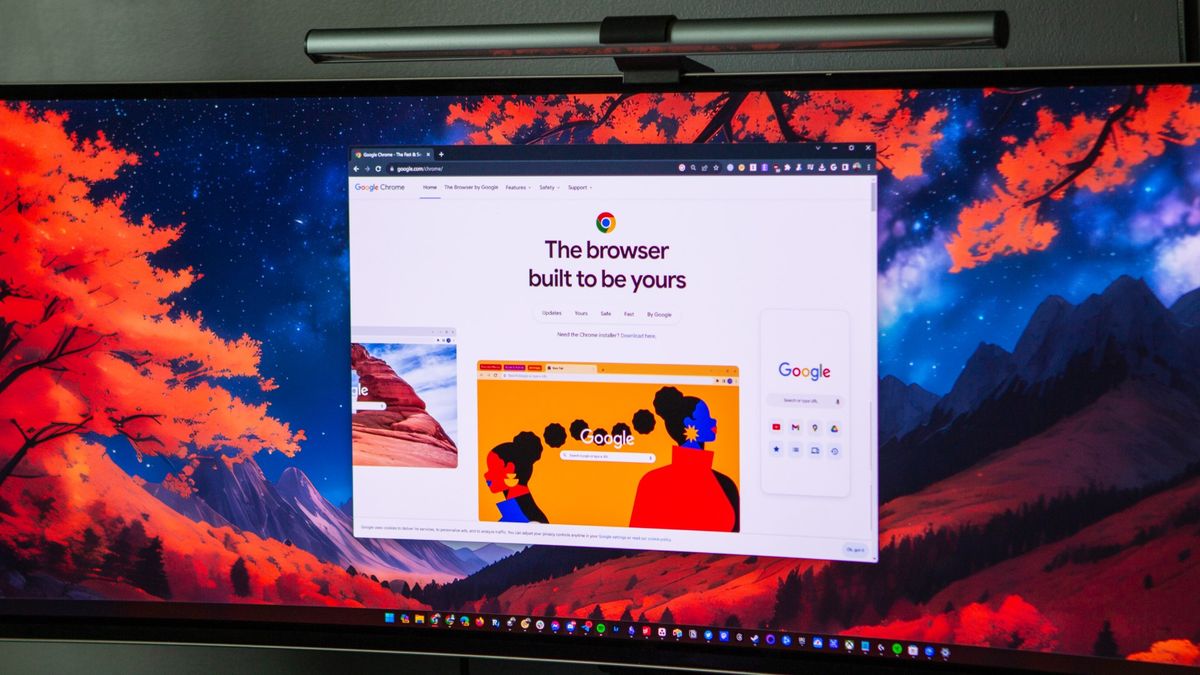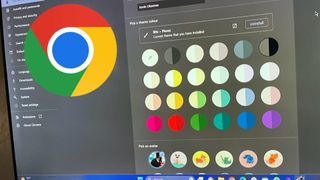It took a $5 billion lawsuit to change this sentence in Google Chrome — No, Incognito Mode doesn't assert absolute privacy
Google parts with $5 billion as a settlement for a class action lawsuit for tracking and collecting users' data while in Incognito Mode.

What you need to know
- Google found itself in more trouble after it was unable to defend itself in a class action lawsuit where it was under fire for using Chrome users' data in Incognito Mode.
- The company argued that it had indicated that it collects and tracks the user's data even when in Incognito Mode, but this wasn't depicted in the disclaimer message, ultimately forcing it to part with a sum of $5 billion as settlement.
- Google Chrome has since made a subtle change to the disclaimer message displayed when entering Incognito Mode to indicate that the user's data will still be tracked and collected even while in Incognito Mode.
Google has been hitting the headlines for all the wrong reasons lately, including the degraded viewing experience on YouTube due to the company's adblocker crackdown. The tech firm has also been under fire for surfacing deepfake and nonconsensual porn among its top results in search.
Unsurprisingly, Google recently admitted that it has been tracking users' activity and data, even when in what many might presume to be a safe haven — Incognito Mode. Wheeling it back to 2020, the company was slapped with a class action lawsuit summing up to $5 billion over claims that it was unlawfully collecting data from users without their knowledge, even when in Incognito Mode.
The company contested the claims, citing that it's indicated that it collects data from users and tracks their activity when in Incognito Mode. This couldn't be any further from the truth, as it's not indicated in the fine print when descriptively highlighting what remains hidden when using the private browsing feature.
Consequently, Google was unable to contest the case and had to part with $5 billion as settlement for the class action lawsuit. And now, the company has seemingly updated the definition of Incognito Mode across all platforms on the Canary version of its browser, according to a spot by MSPowerUser.
For context, before updating Incognito Mode's description on Google Chrome, it read:
"Now you can browse privately, and other people who use this device won’t see your activity. However, downloads, bookmarks, and reading list items will be saved."

However, after encountering a great loss, Google has since made a subtle update to the disclaimer message that you first see when entering Incognito Mode to:
Get the Windows Central Newsletter
All the latest news, reviews, and guides for Windows and Xbox diehards.
"Others who use this device won’t see your activity, so you can browse more privately. This won’t change how data is collected by websites you visit and the services they use, including Google. Downloads, bookmarks, and reading list items will be saved."
What an expensive mistake to overlook

While the disclaimer messages are borderline the same, the subtle change (if made earlier) would have saved Google up to $5 billion in the class action lawsuit. The change lays more emphasis on the fact that Incognito Mode browsing doesn't mean that your data won't be collected.
Essentially, the websites you visit while in Incognito Mode will still track and collect your data. The same can be said about Microsoft Edge's InPrivate Mode, since it essentially shares the same lax protection as Google Chrome.
What are your thoughts on your data being collected despite browsing in Incognito Mode? Let us know in the comments.

Kevin Okemwa is a seasoned tech journalist based in Nairobi, Kenya with lots of experience covering the latest trends and developments in the industry at Windows Central. With a passion for innovation and a keen eye for detail, he has written for leading publications such as OnMSFT, MakeUseOf, and Windows Report, providing insightful analysis and breaking news on everything revolving around the Microsoft ecosystem. While AFK and not busy following the ever-emerging trends in tech, you can find him exploring the world or listening to music.